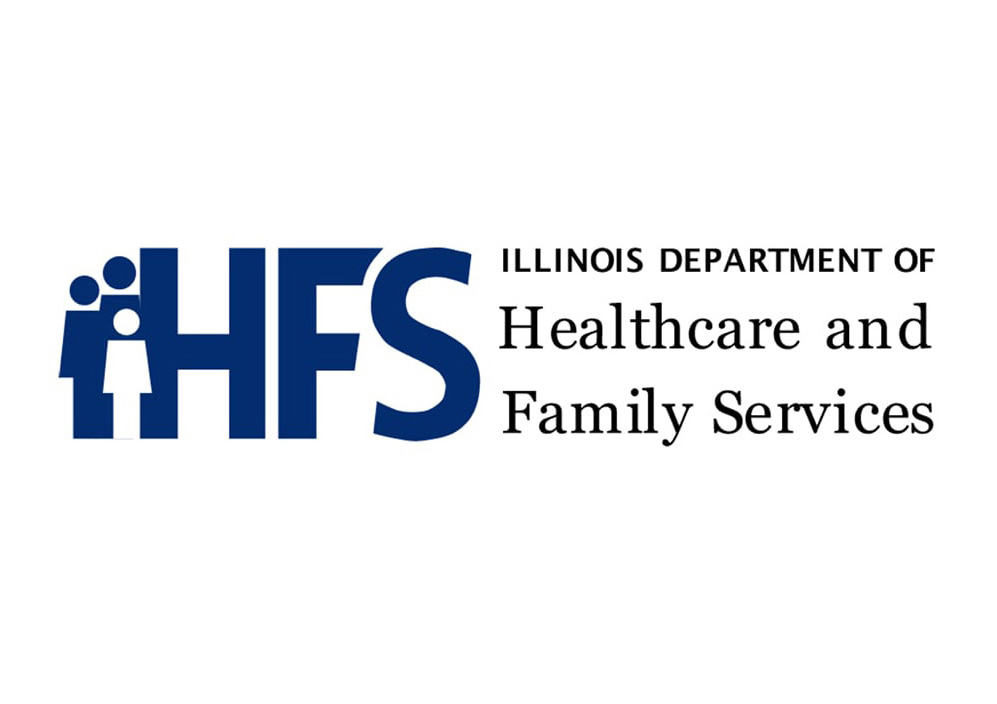Cost-control measures for the state program that provides Medicaid-like coverage to undocumented individuals have led to some reductions in overall projected spending, an official from the Department of Healthcare and Family Services said Tuesday.
Omar Shaker, a department attorney, told members of the Joint Committee on Administrative Rules that the projected annual cost currently is near $621 million.
Based on work with the department’s actuary, Milliman, the trending cost for the program could “theoretically” be up to $818 million, Shaker said.
“We are seeing costs reduced over the initial projection based on the controls that we’ve set,” he said.
While the current budget allocated $550 million toward the program, estimates released this spring placed the annual cost closer to $1.1 billion. In response, the department paused enrollment for new members.
Another cost-control measure implemented copays for certain hospital services, though that has been suspended due to technical issues related to federal reimbursements.
Other anticipated cost savings include the transition of the population to Medicaid managed care organizations, which Shaker said is expected to begin Jan. 1. Along with incorporating copays and coinsurance, the organizations are better suited to determine which services are subject to federal reimbursement, Shaker said.
Shaker noted many providers have told them that if the copay and coinsurance requirements are implemented, they will not pursue them and instead take on the cost as part of their charity care.
Another possible cost saver is a reduction in emergency services for individuals as they get the necessary preventive care offered by the program, Shaker said.
“The costs hopefully will diminish as individuals don’t feel the need to just go to an emergency room for items that shouldn’t be considered emergency services,” he said.
